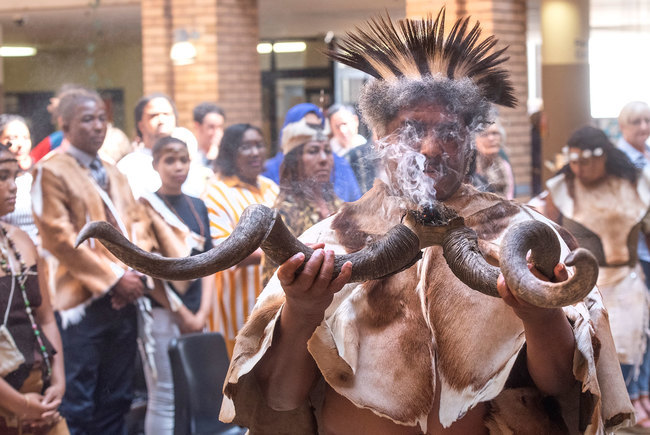Shaping sustainability from our southern location
25 April 2024 | Story Laura Rawden. Read time 9 min.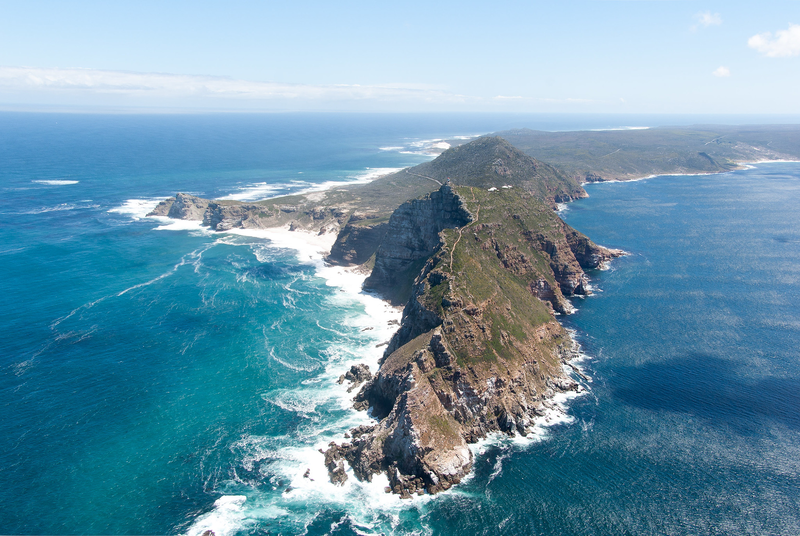
Researchers at the University of Cape Town (UCT) gain unprecedented access to three oceans, a rich ecological landscape and the endless potential of southern skies. While the official terms of some UCT South African Research Chairs Initiative (SARChI) chair roles have come to an end, they have established and will continue to build on years’ worth of research based on this unique geography: “Our southern location”, which has inspired new and ground-breaking discoveries. This is one of the five research focal areas devised under UCT’s Vision 2030.
These SARChI chairs were launched as part of the national Department of Science and Innovation (DSI) and National Research Foundation (NRF) initiative to attract and retain excellence in research and innovation across South African universities.
The work of these researchers has not only contributed to the excellence UCT is recognised for, but also influences local decision-making that has global implications for shaping the sustainability of the planet.
Marine ecosystems and future climate
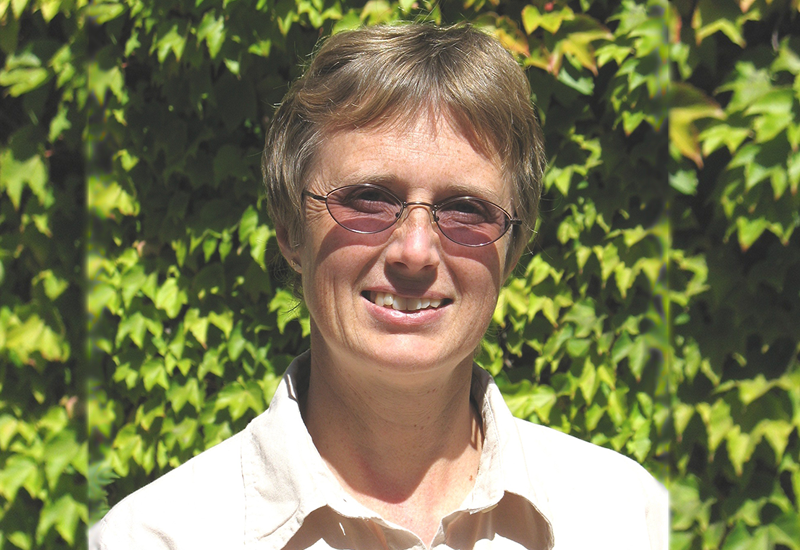
When it comes to human activities in marine systems, structured decision-making is important to ensure the best actions are taken to navigate huge uncertainties about the future climate. These decisions must encompass ecological, economic, socio-cultural and governance dimensions.
As SARChl Chair in Marine Ecology and Fisheries, Associate Professor Astrid Jarre from the Marine and Antarctic Research Centre for Innovation and Sustainability (MARIS) has demonstrated that an interdisciplinary approach is feasible in the South African marine context.
“Our work, which doesn’t depend on owning top-notch technology or fancy models, can inspire similar approaches in other African marine regions, and indeed worldwide,” Assosiate Professor Jarre said.
Carefully using existing knowledge of the natural and human–social factors that make up large marine ecosystems, she and a diverse team of researchers integrated across natural and social sciences, and humanities disciplines, to explore how improved sustainability could be co-developed with a variety of stakeholders, including researchers, fishers, farmers, managers and community leaders.
Over 140 publications and a variety of ready-for-use tools have been developed during Jarre’s time as a SARChI chair. For example, ecosystem modelling has shed light on the impact of climate change on fisheries in marine ecosystems off South Africa’s shores, where areas are warming and where long-term social-ecological system change has been documented.
Tapping into the lived knowledge from communities who depend on these ecosystems for their livelihoods, Jarre has enabled research that provided insights into local resilience efforts and painted scenarios of how to fish under future ocean conditions.
Engagements like this have also contributed to social vulnerability indicators developed by the team that look at societal impacts of global change. These can aid the assessment of vulnerable fishing communities and support new approaches for increasing adaptive capacity.
Importantly, Jarre noted that these methods don’t depend on owning top-notch technology or fancy models and can inspire similar approaches in marine regions elsewhere in Africa and globally. “Our work demonstrates that these tools can be integrated in a whole-of-system, transformative, strategic approach to managing people’s interactions with the oceans in a changing world.”
Visualising data from our universe
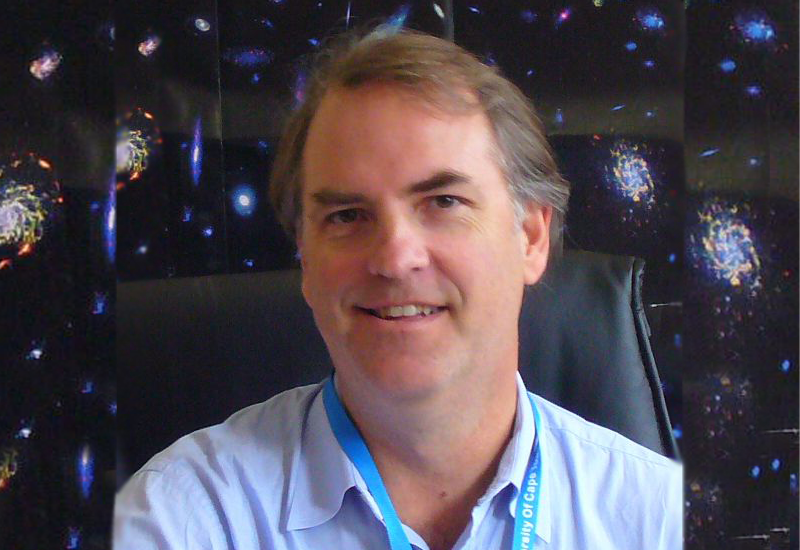
As SARChI Chair for Astrophysics and Space Physics, Professor Thomas Jarrett from the Department of Astronomy has helped develop the talent and technical capacity needed to understand how matter in the universe is organised and how it has changed throughout cosmic time. His work builds on that of previous SARChl chair, Professor Erwin de Blok.
“The SARChI chair has contributed in a very important and visible way to both astronomy and research potential,” said Professor De Block.
Harnessing the potential of the multi-national Square Kilometer Array (SKA) project, Professor Jarrett has enabled visualisation methodologies that meet the needs of researchers working with the complex and large-volume data sets the radio telescopes produce.
As SARChI chair, he established, in partnership with Professor Russ Taylor, the Inter-University Institute for Data Intensive Astronomy (IDIA) Visualisation Laboratory (IVL) at UCT, focusing on the use of virtual reality to explore the multi-dimensional data generated by the powerful SKA-Pathfinder 64-dish telescope, MeerKAT.
Providing an intuitive 3D way to interrogate this data, the lab has supported research into galaxy evolution, baryonic cycle processes, and the cosmic web – or large-scale structure of the universe. This work has implications for how researchers understand the physical mechanisms that led to present-day galaxies.
The lab’s work has generated mysterious findings like the most massive ‘dark cloud’ or galaxy-sized hydrogen-cloud without a host galaxy. It has also shed light on star formation and galaxy evolution in the local universe. For example, using the United States National Aeronautics and Space Administration’s (NASA) Wide-Field Infrared Survey Explorer (or WISE) space telescope, the group created the data and methodology that enabled a new hidden window into the galaxies scientists observe.
Innovative and cross-platform technology upgrades to the Iziko Planetarium were also led by Jarett while in the SARChI chair role. Designed to function as both an educational tool and as a scientific research facility, the resulting Digital Dome enhances interdisciplinary and transdisciplinary research, and inspires a new generation of astronomers and visual artists.
In an era of Big Data Science, supported by commitments from the government, Jarrett has enabled innovation with local and international recognition that establishes South Africa as a significant player in pushing the boundaries of science and technology.
Conserving biodiversity in birds
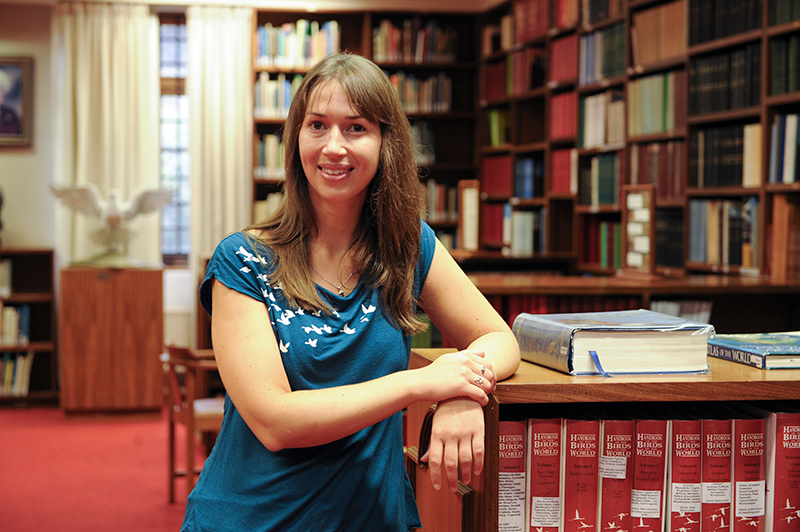
South Africa is home to a wealth of biodiversity that is a source of pride and responsibility. Managing this biodiversity and the natural systems it contributes to demands skilled conservation biologists that understand natural systems and can monitor and influence human impact on the natural environment.
Nurturing this research capacity is the FitzPatrick Institute of African Ornithology. With a reputation for excellence in ornithology and conservation biology, it was named a South African Centre of Excellence (CoE) in Birds as Keys to Biodiversity Conservation by the DST and the NRF.
“In terms of understanding biodiversity, the CoE also produced ground-breaking work on many themes, and the Fitz continues to contribute these important national and international priorities,” said Associate Professor Susan Cunningham, the director of the FitzPatrick Institute of African Ornithology.
As a CoE, the institute has contributed significantly to developing the talent and outputs needed to carry on its twin themes of maintaining and understanding biodiversity. Notably, it hosted up to 75 students and postdocs and produces over 100 research articles annually.
“Programmes the centre supports have had a measurable impact on conservation efforts. For example, the Seabird Conservation project, in partnership with the Albatross Task Force, pioneered methods for reducing mortality of albatrosses and petrels in trawl fisheries. This work has resulted in over 90% reduction in accidental deaths of these majestic birds on trawler warp lines internationally.
Additionally, work by CoE-associated researchers has provided practical tools for use by the renewable energy sector to reduce mortality of large soaring birds on wind turbines.”
Research produced by the CoE has contributed significantly to a broad range of South Africa’s national strategies, and all projects under the maintaining biodiversity research theme addressed the DSI’s Global Change Grand Challenge, including projects on climate change impacts on birds, the importance of biodiversity to agroecosystems and birds in urban ecology.
Nine of the United Nations’ Sustainable Development Goals (SDGs) were supported through the CoE, notably its contributions to gender equality and quality education. With team members based at universities across South Africa and internationally, the CoE has developed important collaborative networks and supported an inclusive and representative research community.
Read about the other research focal areas.
 This work is licensed under a Creative Commons Attribution-NoDerivatives 4.0 International License.
This work is licensed under a Creative Commons Attribution-NoDerivatives 4.0 International License.
Please view the republishing articles page for more information.
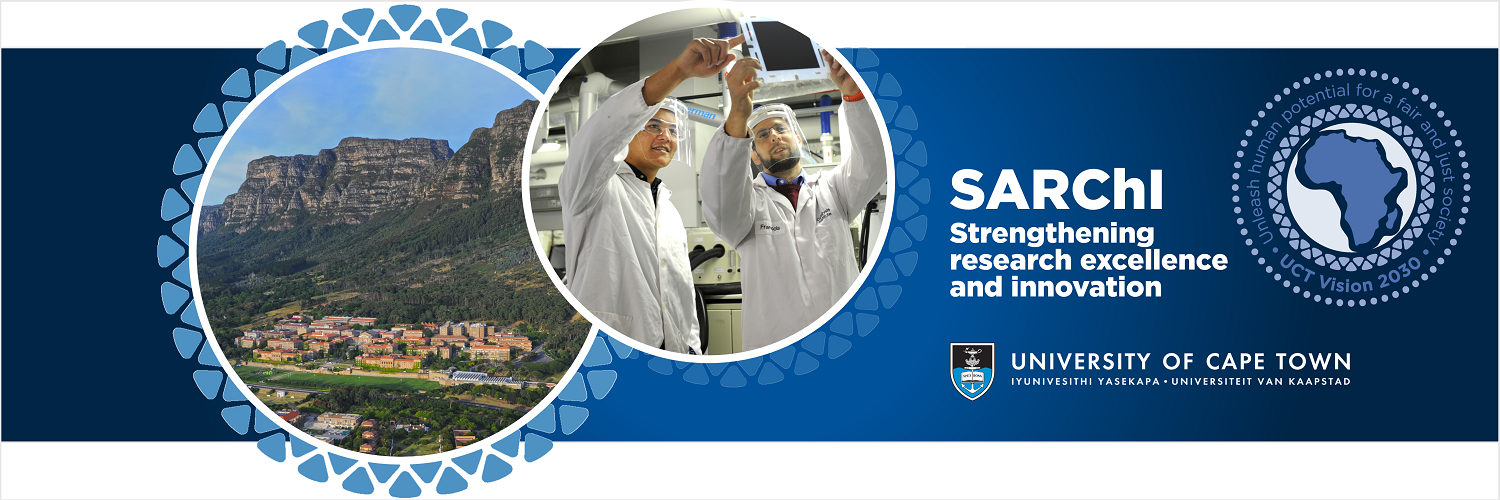
South African Research Chairs Initiative (SARChI)
The South African Research Chairs Initiative (SARChI) recognises research leadership and excellence in the country. The initiative was established to support research leaders who will develop the next generation of scholars while engaging in and driving research to advance disciplines – while also leveraging their research to contribute to addressing the intractable challenges plaguing our communities. Many UCT-based SARChI Chairs have contributed towards the production of innovative, impactful, cutting-edge research premised on knowledge generation and building capacity. The programme was initiated and funded by the national Department of Science and Innovation (DSI) and the National Research Foundation (NRF).
“The Chairs have enabled, and will continue to enable, us to fulfil our mission of fostering connections and promoting collaborations that highlight the continent's research talent and the significant contributions of African researchers to the global knowledge project. Since inception, the work of the SARChI Chairs at UCT has vividly showcased the pioneering research stemming from Africa, pursued across UCT’s Vision 2030 strategic research focal areas, the UN Sustainable Development Goals and, importantly, the African Union’s Agenda 2063.”
– Professor Jeff Murugan, Acting Deputy Vice-Chancellor of Research, and Internationalisation at UCT
See full list of UCT SARChI Chairs
“Every research initiative led by the SARChI Chairs at UCT embodies a sincere dedication and unwavering commitment to addressing global challenges. Additionally, they demonstrate that cutting-edge interdisciplinary and deep disciplinary research is being pursued in Africa.”
– Dr Linda Mtwisha, Executive Director of Research at UCT
Related articles










